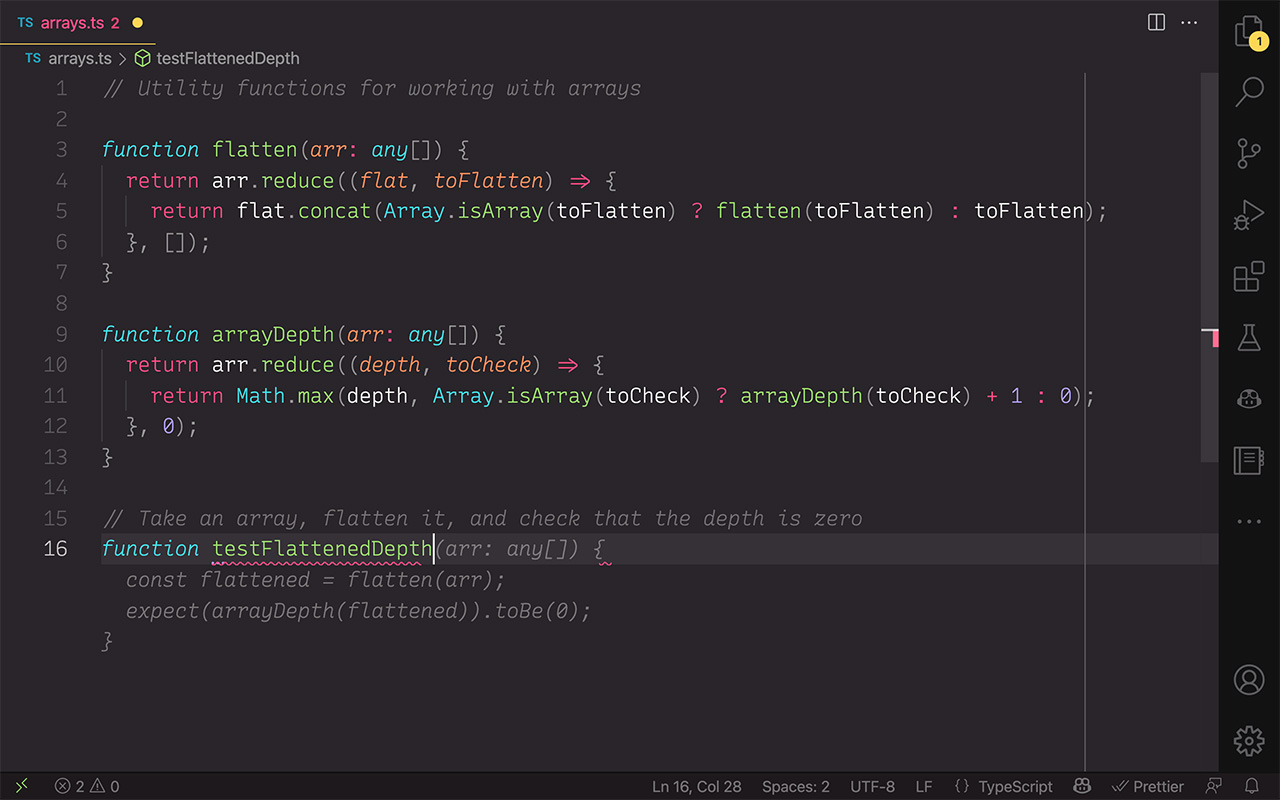OpenAI Codex
Resource for people looking to access free AI tools to streamline their work. Having a centralized place where users can discover the latest AI tech

Resource for people looking to access free AI tools to streamline their work. Having a centralized place where users can discover the latest AI tech


OpenAI Codex: Your AI-powered coding coworker
OpenAI Codex is an advanced AI-driven development assistant designed to accelerate and streamline the software engineering lifecycle. Launched in mid-May 2025, Codex translates plain-English prompts into executable, multi-language code, autonomously runs tests, detects and fixes bugs, and even proposes pull requests. By handling repetitive and boilerplate tasks, Codex frees engineers to focus on higher-value design, architecture, and creative problem-solving.
Codex serves as a virtual coworker that can bootstrap new features, scaffold APIs, refactor legacy code, and automate routine maintenance. Upon receiving a high-level description or user story, Codex generates clean, executable code snippets, runs them in a sandbox to validate correctness, and highlights any issues. When integrated into CI pipelines, it can proactively propose pull requests with bug fixes and enhancements, reducing manual code review overhead.
1. Prompt Processing: User submits a natural-language prompt via ChatGPT, API, or CLI.
2. Model Inference: Codex’s specialized reasoning model (codex-1) interprets intent and selects relevant code patterns from its training on public repositories.
3. Sandbox Execution: Generated code executes in an isolated cloud sandbox preloaded with the user’s repo to ensure security and reproducibility.
4. Validation & Feedback: Automated tests run against the sandboxed code. Errors, performance metrics, and security warnings are reported back.
5. Delivery: Codex returns final code snippets or submits pull requests directly to the repository, complete with inline comments and test outputs.
OpenAI Codex represents a major step toward AI-augmented software development workflows. By automating repetitive coding tasks, promoting rapid prototyping, and integrating seamlessly with existing pipelines, Codex empowers engineering teams to operate more efficiently and focus their expertise on high-impact challenges. While not a replacement for skilled developers, it serves as a powerful assistant that can elevate productivity and drive innovation.